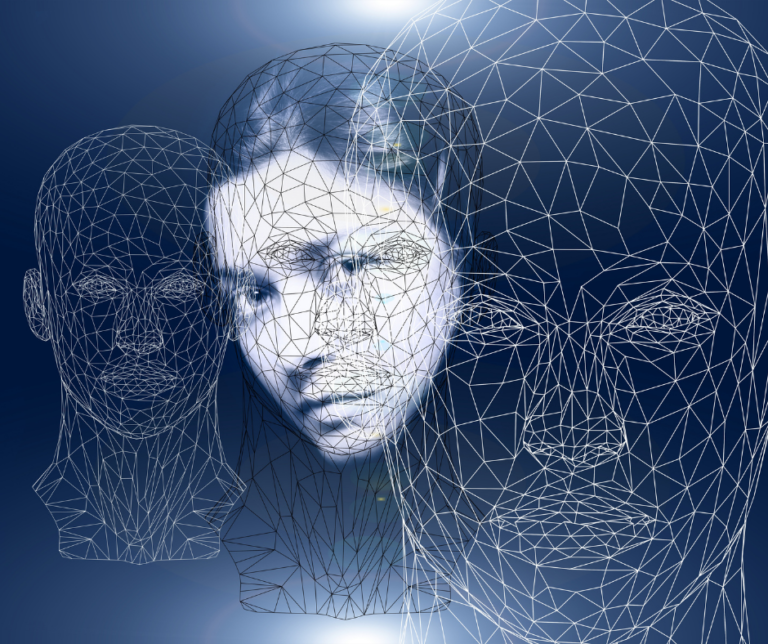How Interoception Shapes Your Self-Perception
Exploration of human consciousness and self-awareness has always been a fascinating endeavor in the field of neuroscience. Interoception is a crucial aspect that plays a pivotal role in this realm. This article delves into the complex world of interoception, its role in self-awareness, and how it relates to our understanding of the human mind and body.
Interoception, also known as the “hidden sense,” is the complex ability to perceive and interpret our body’s internal sensations. It includes a wide range of sensations such as heartbeat, respiration, hunger, thirst, and even emotional reactions. Interoception, unlike the external senses, allows us to connect with our body’s internal state, forming the foundation of our self-awareness.
The brain’s remarkable ability to interpret signals sent by the body’s internal organs is at the heart of interoception. This includes areas like the insula and anterior cingulate cortex, which are crucial in translating these signals into meaningful sensations. This interpretation influences not only our bodily awareness but also our emotional regulation and decision-making.
Interoception is a complex network of communication between the brain and the internal organs of the body. Afferent nerves carry sensory signals from different organs to the brain. This intricate pathway keeps the brain constantly updated on the physiological state of the body, allowing us to adjust as needed.
Interoception has an impact on more than just physical sensations; it is also important in emotional experiences. The interpretation of physiological signals by the brain contributes to our emotional awareness. Increased heart rate, for example, during excitement or nervousness, is an interoceptive signal that informs our emotional state.
Interoception and self-awareness have a symbiotic relationship. Interoception provides raw data about our internal state, which self-awareness processes to form a coherent sense of self. The better we understand ourselves on a physical and emotional level, the more attuned we are to our internal sensations.
Interoceptive awareness has a significant impact on psychological health and well-being. According to research, people who have a strong interoceptive awareness have better emotional regulation and resilience. This awareness also serves as the foundation for practices such as mindfulness and meditation, which emphasize tuning into bodily sensations to increase self-awareness.
Neuroscientific research is constantly revealing the complex neurological underpinnings of interoception. The ability of the brain to integrate internal signals, emotional responses, and cognitive processes highlights its complexity. As we learn more about these mechanisms, we gain insight into various neurological conditions and potential therapeutic approaches.
Interoception research holds promise in a variety of fields, including psychology, neuroscience, and even artificial intelligence. Understanding how our bodies communicate with our brains has the potential to transform mental health treatments and contribute to the development of artificial intelligence systems that simulate human-like awareness.
Interoception connects our physical and emotional selves, providing insights into the profound connection between our mind and body. Its impact on self-awareness and emotional regulation emphasizes its importance in our daily lives. As research advances, we learn more about the mysteries of interoception, expanding our understanding of what it means to be human.

